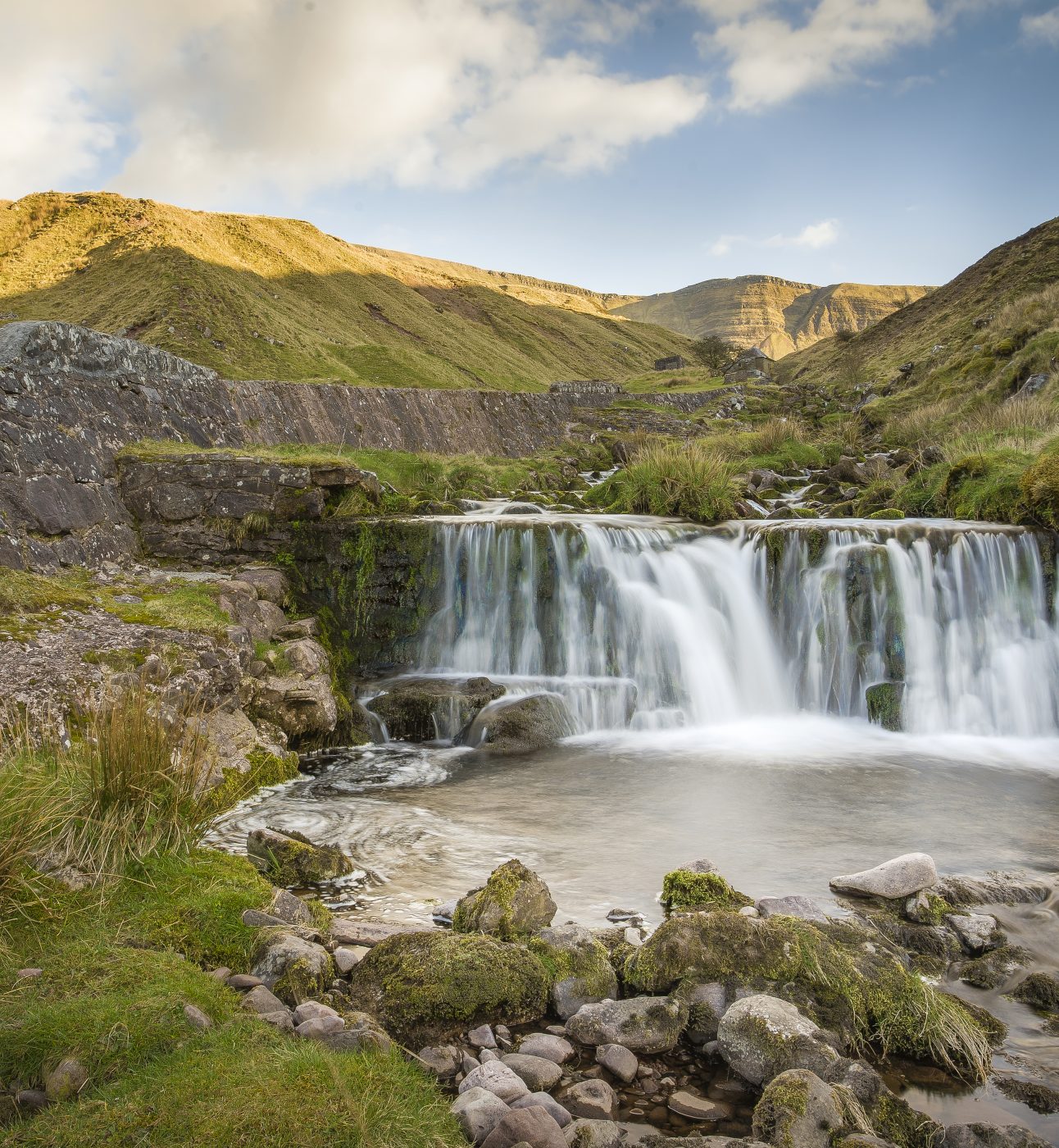
National Park: Rivers at Risk Report Launched
Our new research shows National Park rivers are being failed by government and water regulators and are now under threat.
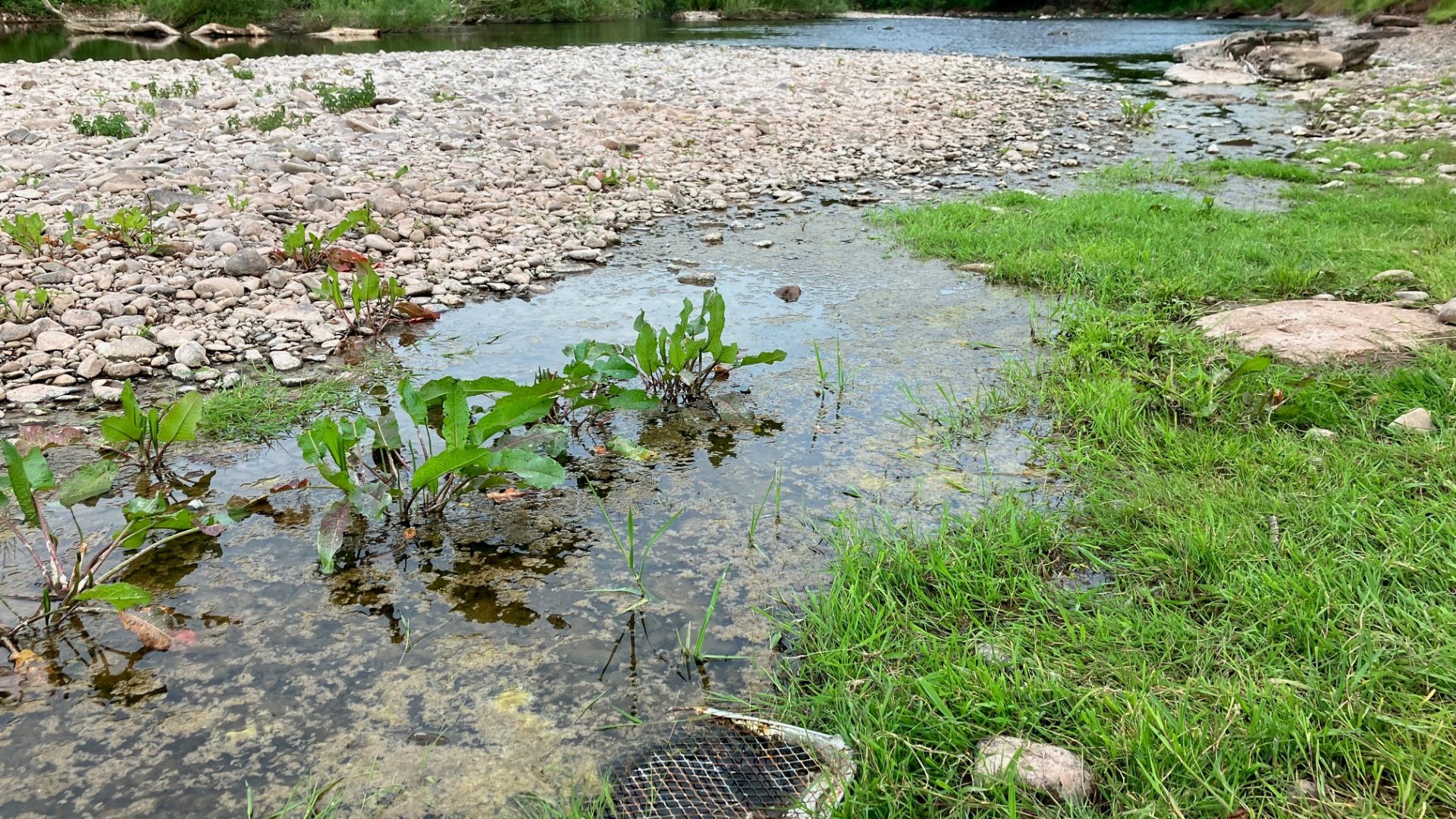
Every river, lake and stream in England’s National Parks is polluted.
National Park waterways are iconic. But although they look the very image of perfection, under the surface lies a dirty secret.
Every single lake, river and stream in England’s National Parks is polluted. Only 1 water body in Welsh National Parks meets the highest standards we all expect.
The waterways of the National Parks are the lifeblood of these landscapes. Every year, millions of people explore their rivers, pools, lakes and wetlands. From the Lake District to the Broads, the waterfalls of Bannau Brycheiniog to the chalk streams of the South Downs, these waters are world-renowned and beloved by the nation.
For far too long, water companies and regulators have neglected, ignored and undermined National Park status. The result is that National Parks have become national pollution hotspots. The water clean-up must start in National Parks.
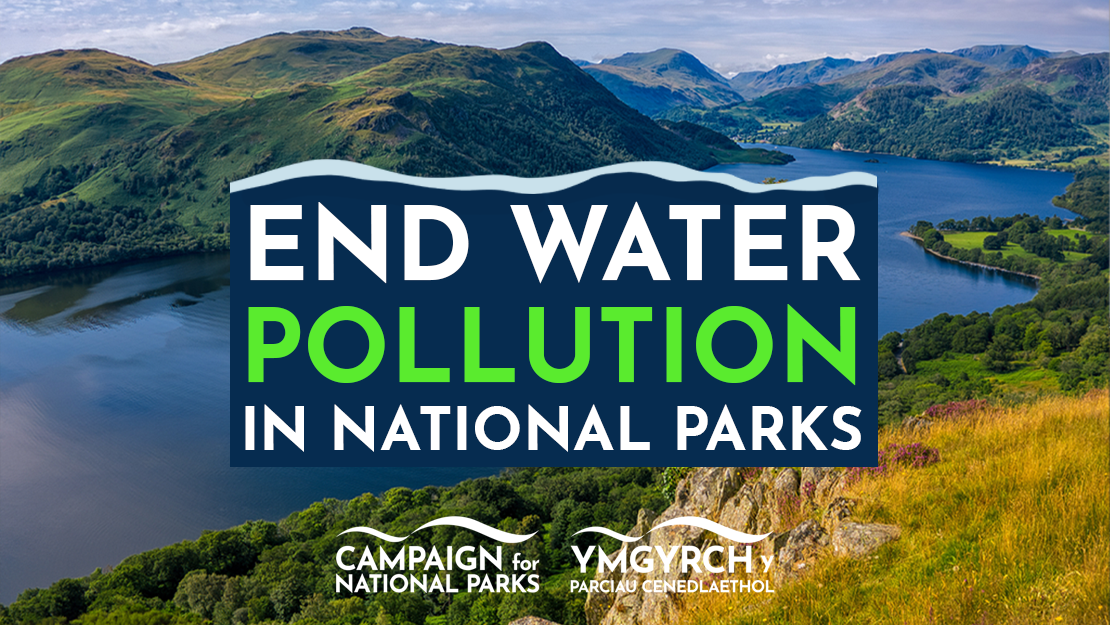
How did we get here? Watch our video to find out more.
The waters in our National Parks are polluted in many ways, including sewage dumping, toxic chemicals, farm manure and pesticides.
Even in the most pristine rivers and lakes in England’s National Parks, traces of toxic chemicals including mercury and other priority hazardous substances are found. Because of these toxic chemicals, which can remain in the ecosystem for decades, not a single water body in an English National Park is in good overall health.
Water company sewage pollution is one of the main reasons for failing health due to illegal sewage dumping, a lack of enforcement and poor water company planning. Many sewage treatment works are old and undersized. Often, the wastewater treatment works in National Parks are designed to much weaker standards than those in towns and cities meaning they can’t deal with the huge numbers of people, and their waste, who now visit National Parks every year.
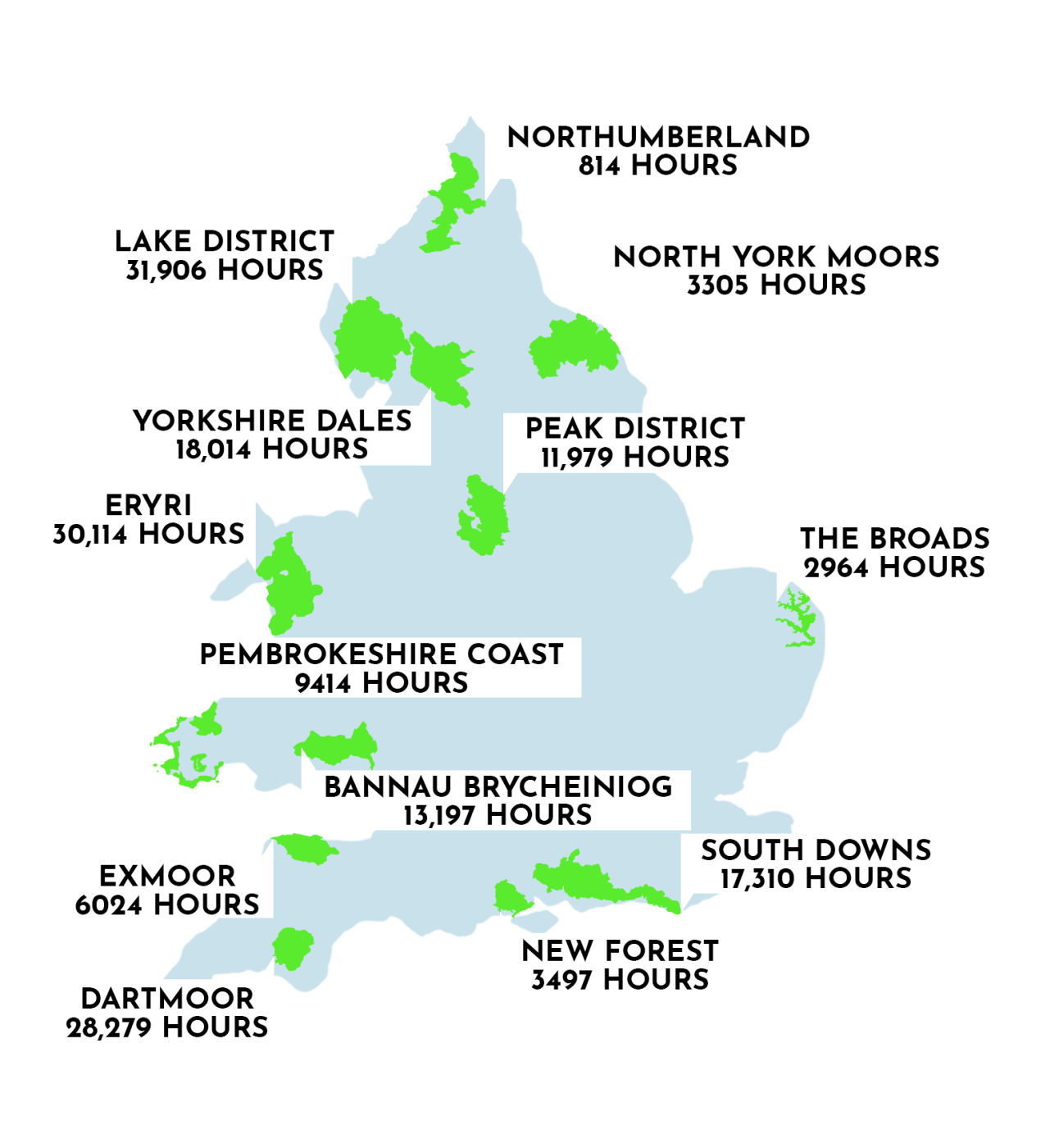
Duration of sewage discharges for each National Park in England and Wales in 2022
There were 377 sewage releases from storm overflows within the boundaries of National Parks in England and Wales totalling 176,818 hours – equivalent to 7,367 days in 2022 alone.
Sewage in our lakes and rivers is not only unpleasant but it’s also dangerous. People who swim and want to enjoy the water for recreational activities can become seriously unwell from encountering polluted water. Increased phosphorus levels from sewage can be fatal for nature in and out of the water, causing events such as fish die-offs.
At Campaign for National Parks we’re working hard for clean water protections across all our National Parks. For far too long, water companies and regulators have largely neglected and ignored National Park status, and it is time that they recognise this international nature designation. It will be impossible to conserve and enhance wildlife and the natural beauty of the Parks without urgent action on water.
We are calling for:
You can help us end water pollution in National Parks by writing to your representative today.
At Campaign for National Parks we're fighting for more powers and resources for National Parks to end the hugely negative impacts of water pollution, but we need your help.

Our new research shows National Park rivers are being failed by government and water regulators and are now under threat.
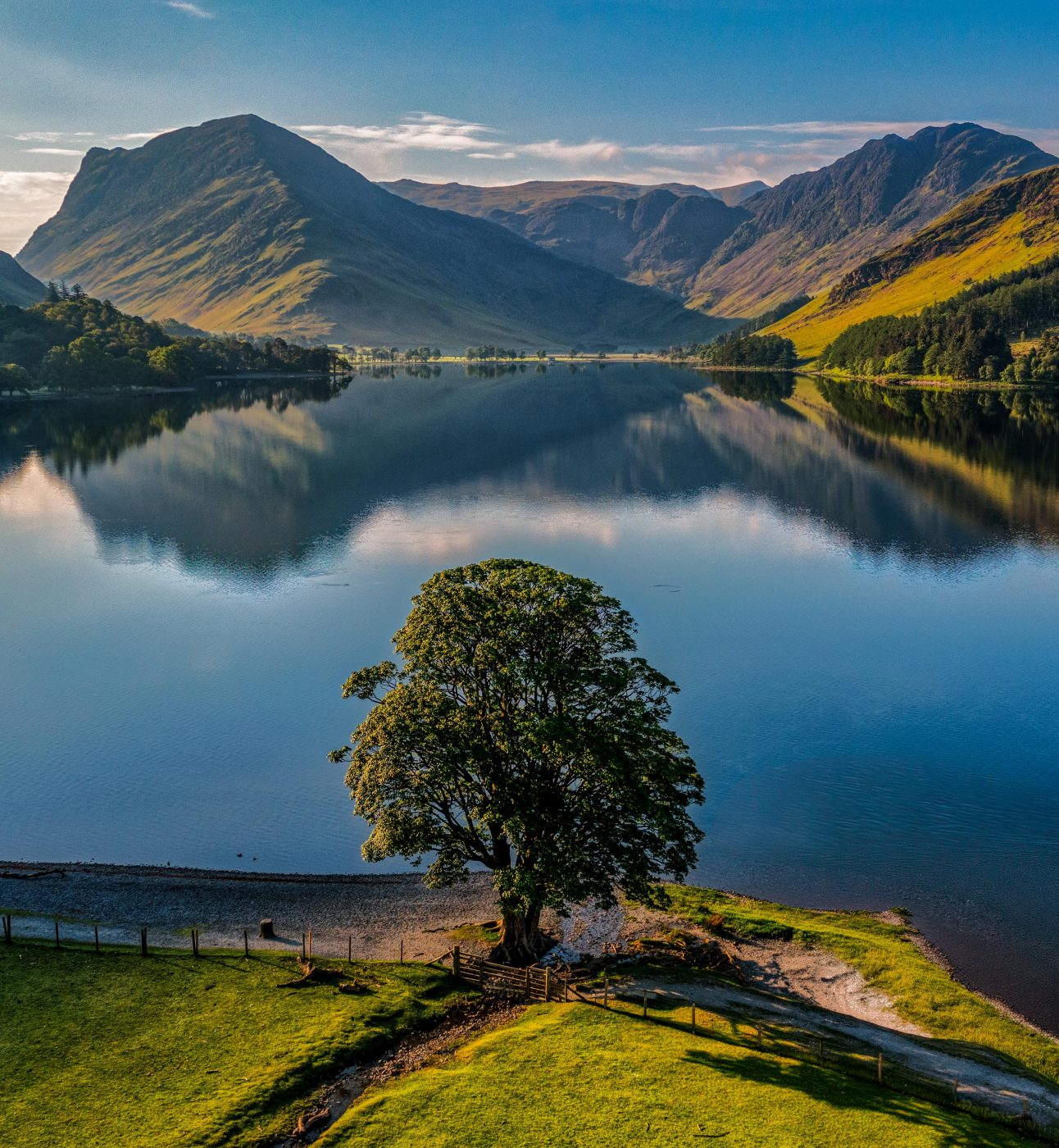
The Cunliffe Independent Water Commission has published recommendations for reforming the water regulatory system, but throughout this detailed report National Parks fail to be mentioned.
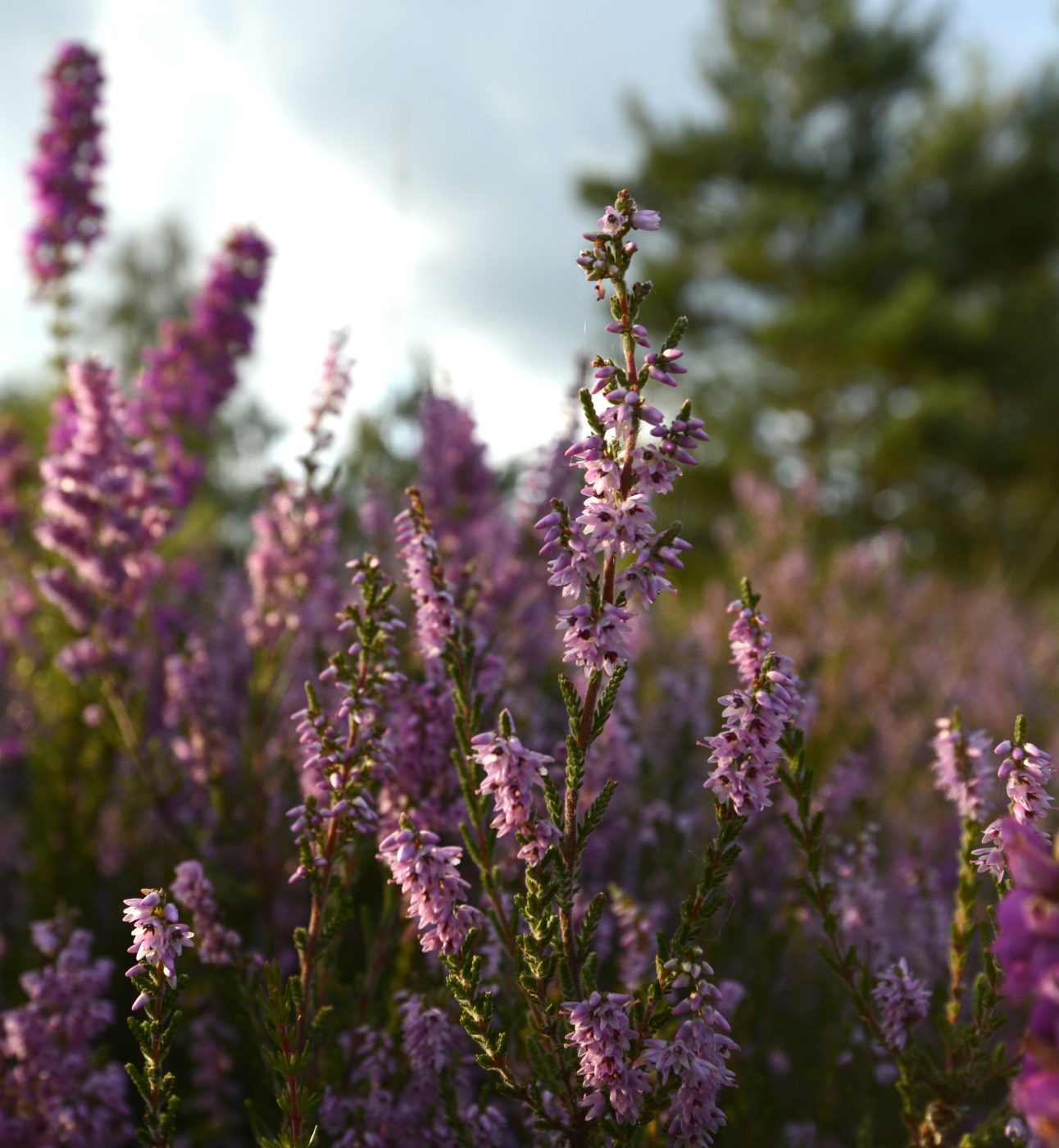
The UK Government has released official data on the state of nature in England’s Protected Landscapes, marking a big step forward in understanding how these special places are faring.
The source for our data comes from our 2024 Health Check Report which analysed data from the Environment Agency, Rivers Trust and Natural Resources Wales.
More in depth data on the health of rivers and lakes in National Parks in England and Wales can be found on our clean water protections page.
Data on the water bodies featured in our billboards can be found here.
For any further information or enquiries please email info@cnp.org.uk
Main image: River Usk, Bannau Brycheiniog © Christopher O’Brien